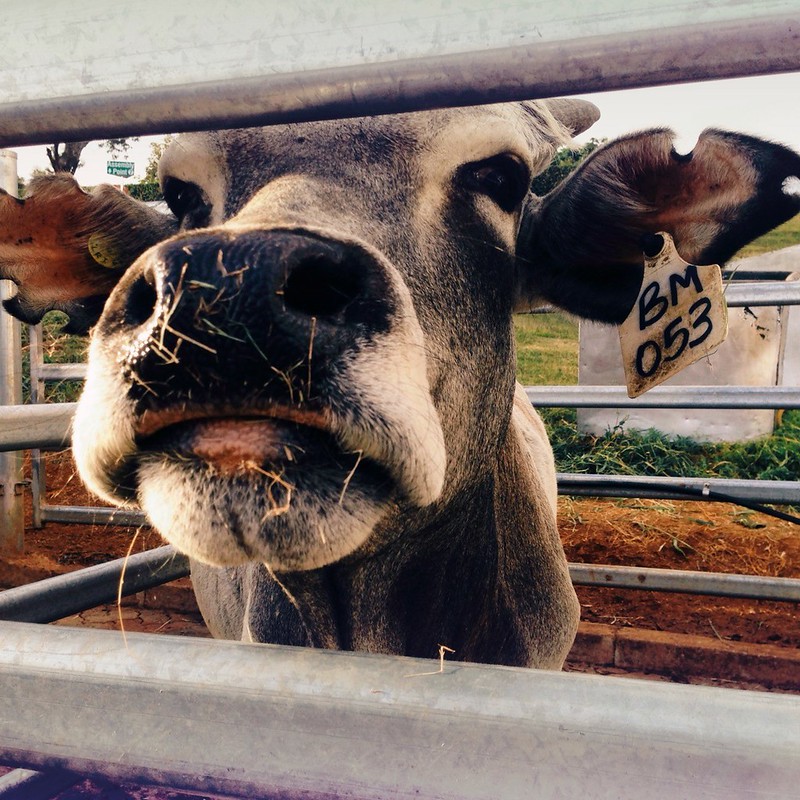
The challenges of rural youth employment in Africa: A literature review
This paper provides a literature review on youth employment challenges in rural Africa with the objective of addressing the question of how to productively engage rural youth.
PARI research focuses on identifying and scaling promising agricultural innovations for agricultural growth and food security in Africa and India.

This paper provides a literature review on youth employment challenges in rural Africa with the objective of addressing the question of how to productively engage rural youth.

This study explores the concept of firm level innovation, and how it has developed over time.

This publication adresses sustainablility trade-offs of African livestock policies, drawing on evidence from Kenya, Zambia, and Burkina Faso.

This policy brief focuses on development aid finance needed to come near to the G7 commitment of lifting 500 million people out of hunger and malnutrition by 2030.

The PARI annual report 2021 presents the highlights of PARI research conducted in 2021.

This study assesses African countries’ performance in the development of their aquaculture sectors with regard to the role of the sector as a source of food supply, absolute and per capita production volumes and values (including changes over time), and the economic importance of the sector.

Societal discussions and policy action are needed to harness the potential of robots to serve people and the planet.

This policy brief assesses how African countries and Indian states have transformed their food and agriculture sectors to inform future strategic directions in food system strategies.

This study assesses the potential of Information and Communication Technology (ICT) applications to close milk yield gaps among small- and medium scale dairy cattle farmers in Africa.

This policy brief offers insights on how digital agricultural platform companies in Africa are coping with strategic challenges related to their business models.

This review synthesises broad recent literature on why insurance take-up has remained low and what strategies might be employed to spur its take-up among farmers and pastoralists in Sub-Saharan Africa.

The PARI annual report 2020 presents the highlights of PARI research conducted in 2020.